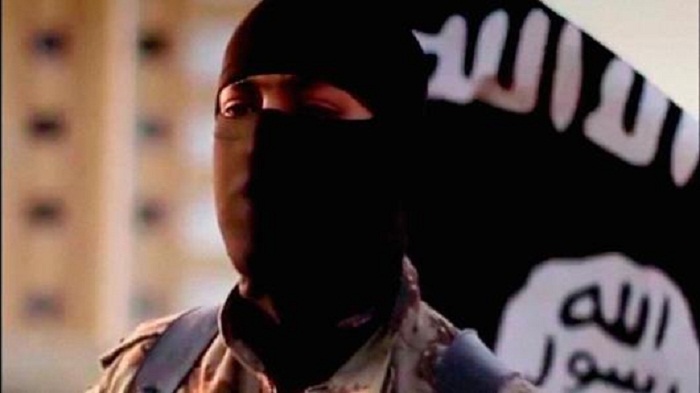It did not give any details in the online Dabiq magazine, published on Wednesday, about how, when or where the men were killed.
In a brief statement, China`s Foreign Ministry confirmed the man`s identify for the first time, naming him as Fan Jinghui, saying he had been "cruelly murdered". It said in September one of its citizens appeared to be in Islamic State captivity.
After he was kidnapped, the Chinese government activated an emergency mechanism to try and "rescue" him, but he was still killed in a "cold-blooded way", the ministry said.
"The Chinese government strongly condemns this savage act devoid of humanity and will certainly bring the criminals to justice," it added.
"The Chinese government will resolutely oppose all forms of terrorism, and resolutely strike at any violent terrorist criminal activities that defy the bottom lines of human culture," the statement said.
"China will continue to strengthen anti-terrorism cooperation with the international community to maintain peace and tranquility in the world."
Chinese President Xi Jinping, visiting Manila for a regional summit, said he "strongly condemned" the killing, state news agency Xinhua said.
The militant group had previously identified Fan as a 50-year-old freelance consultant from Beijing.
The state-run Beijing News said Fan was probably a former advertising executive who lived in a western suburb of Beijing, but that his company shut down in 2003.
It is not clear why he had gone to the Middle East.
China has repeatedly denounced Islamist militants and urged the world to step up coordination in combating Islamic State, though it has been reluctant to get involved on the ground in Syria and Iraq where the group largely operates.
Chinese officials, however, say the country faces a severe threat from Islamist separatists in its western Xinjiang region, where violence has left hundreds dead over the past three years.
Rights groups and exiles say the violence stems more from the anger of the Muslim Uighur people who call Xinjiang home at Chinese controls on their religion and culture than any cohesive threat by any militant group.
China strongly denies any rights abuses in Xinjiang.
The Chinese government says that some Uighurs have gone to fight with radical groups in the Middle East.
More about:















































